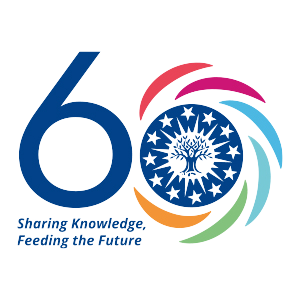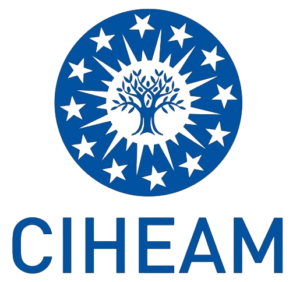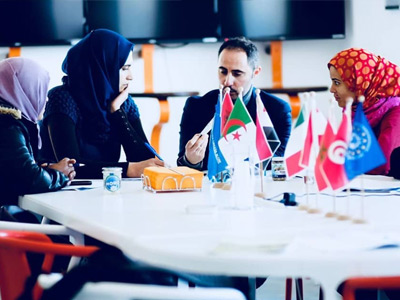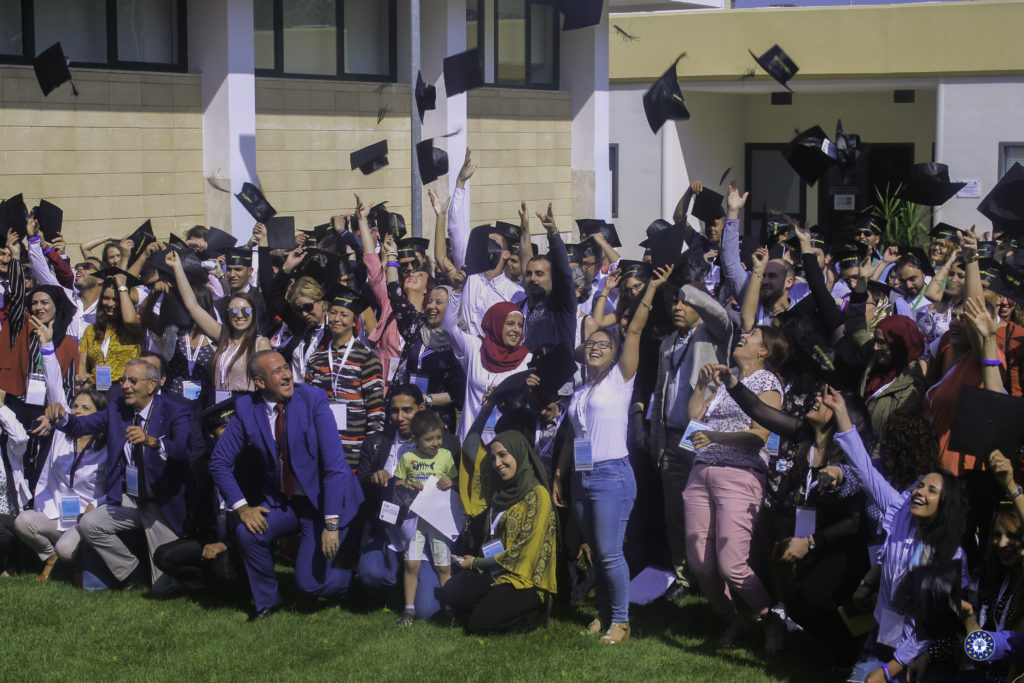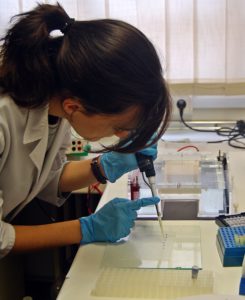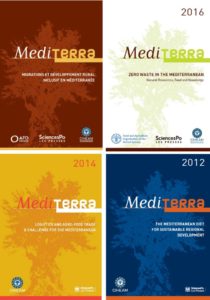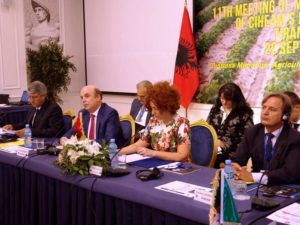On the occasion of the International Women’s Day, the CIHEAM intends to recall the essential role of women in ensuring food and nutritional security, rural communities incomes and in contributing to transitions towards more sustainable and resilient agriculture notably through research, smart and green businesses.
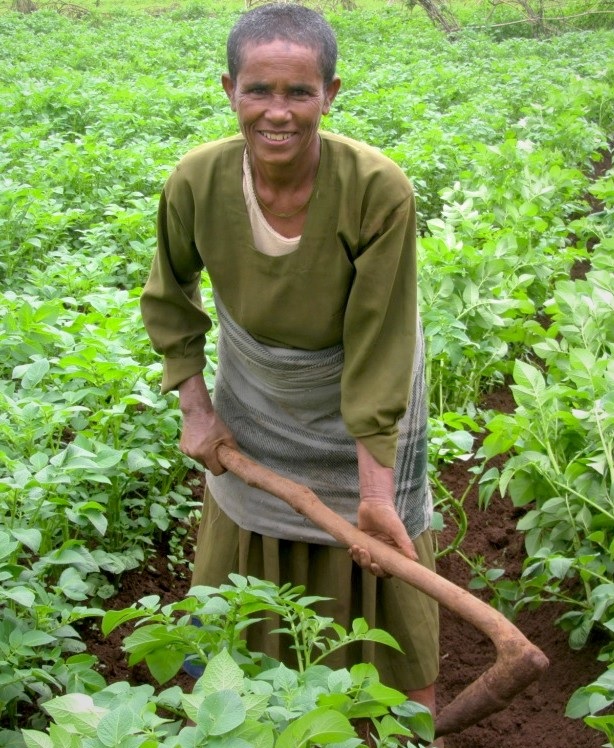
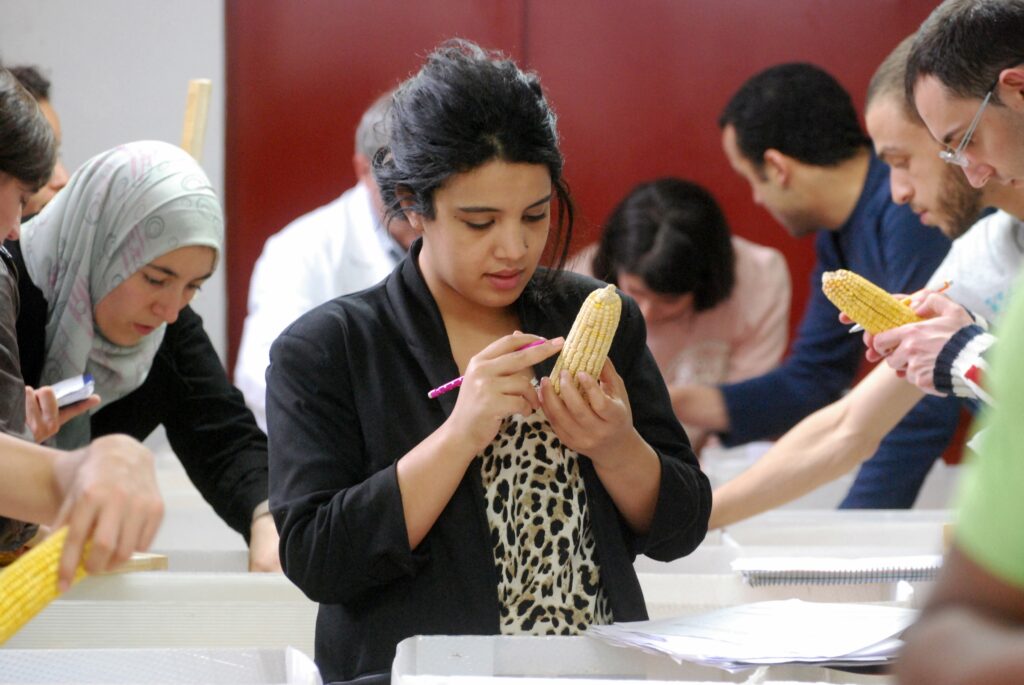
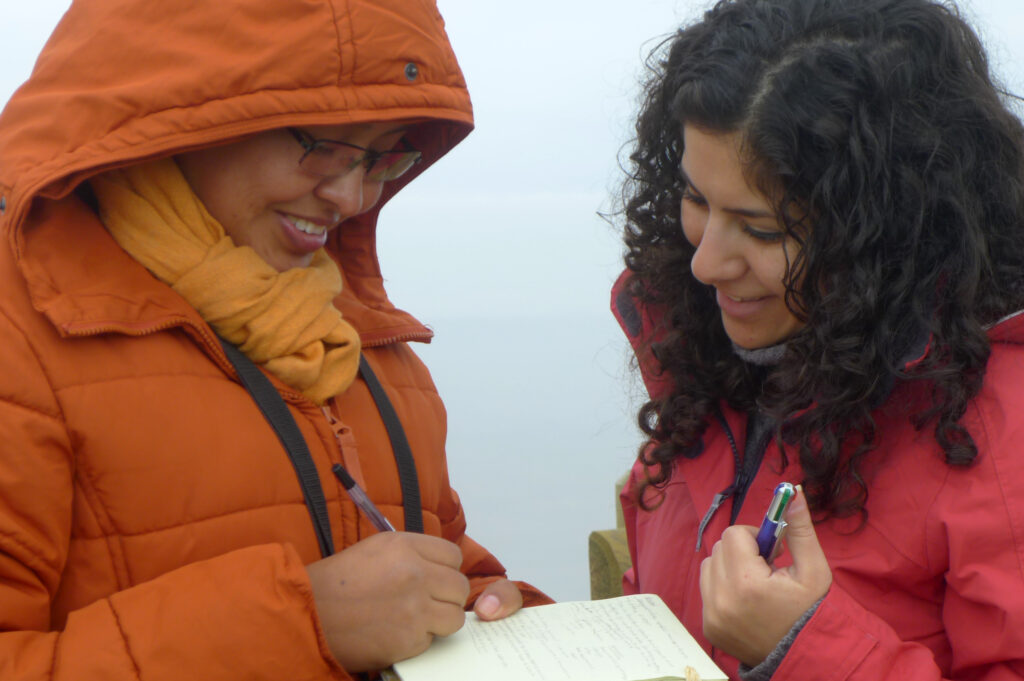
Evidence shows that when women are given equal access to resources, income opportunities, education and social protection, firstly, agricultural production and food availability increase, and secondly, both poverty and hunger decrease. The important gaps that remain and the obstacles that women are still facing to develop their full potential need to be addressed for the respect of equal human rights and also to contribute to sustainable and fairer growth.
Women make up 43% of the world agricultural workforce. If a trend towards feminization is observed in the agri-food sectors, wide disparities remain especially in terms of wages, participation and access to resources (land, water, material, finance etc.). In Europe, only 28% of farms are run by women while in some North African countries, only 4% of women have their agricultural land registrered.
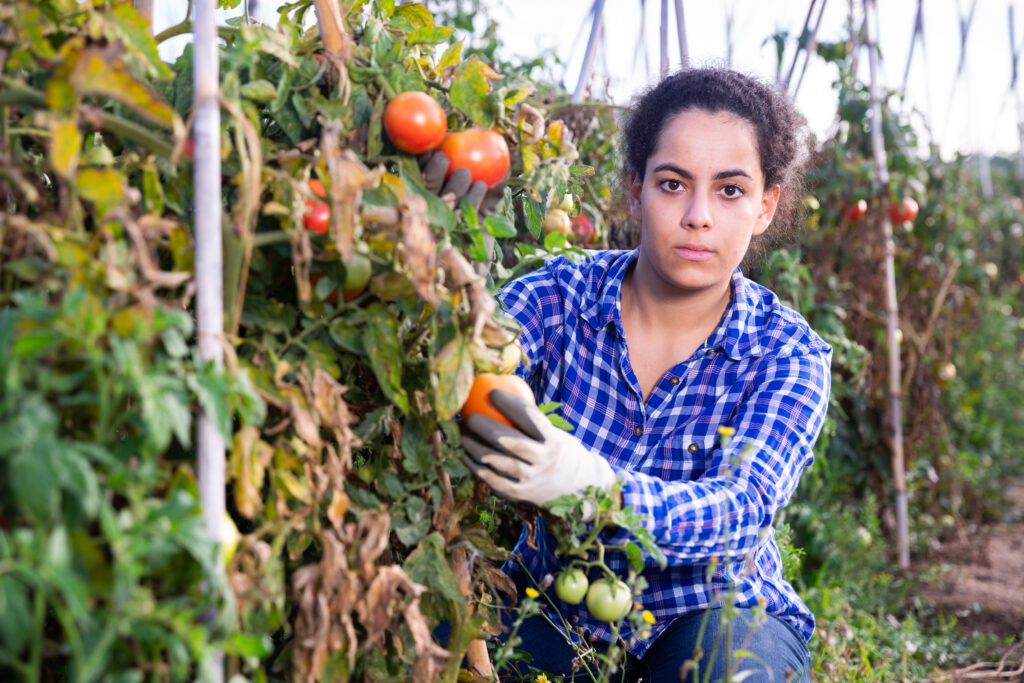
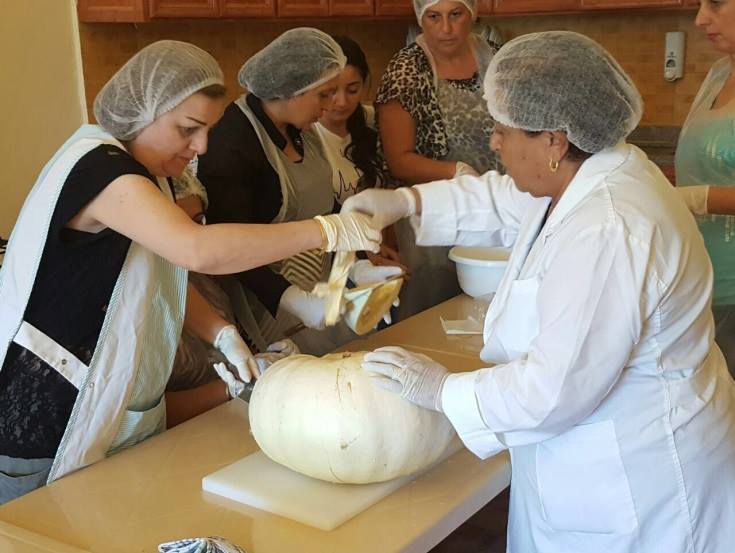
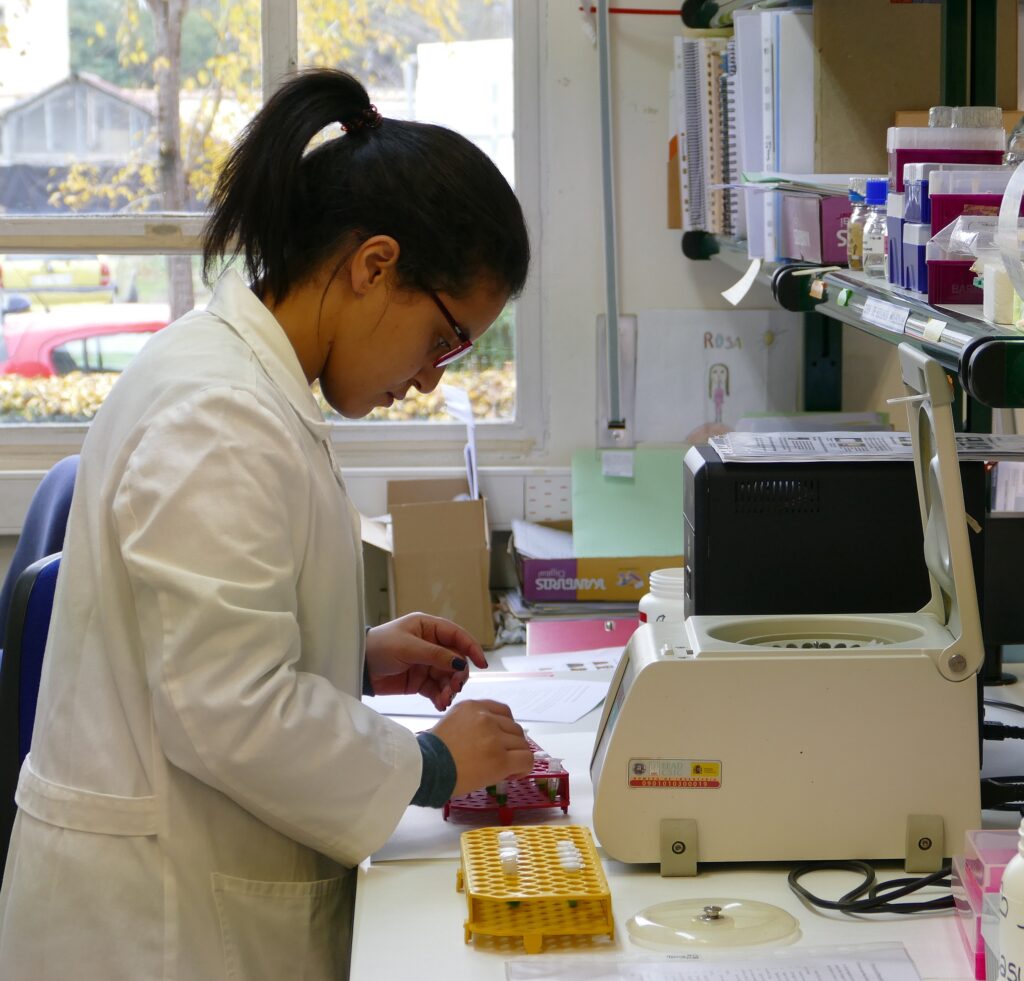
Partly due to the migration of men, women are often the only ones to provide labour on farms and fields they rarely own and for which they do not take main decisions. Women are often in charge of the invisible and non monetary work, they are more likely to work in the informal sector or are not recognised as farmers. With no statute and legal recognition, women are deprived of social rights and become invisible in data collection and analysis yet necessary for developments in public policies. This situation also prevents them from fully benefiting from capacity building activities and training programmes.

Moreover, housework and the part of the income women they devote to it, compared to men, limits their capacity for socio-economic development. As a result, women face greater difficulties in accessing inputs, services, rural organisations, productive infrastructure and technologies. This puts women in a vulnerable position on the frontline of climate change impacts, food insecurity and lack of essential resources.

The CIHEAM is committed to women empowerment in the rural world and in food systems through its research, cooperation and development activities. This commitment is also reflected through the Gender Equality Plans implemented at the General Secretariat and within its 4 Agronomic Institutes. Aiming at ensuring a gender friendly working environment, the GEPs address discrimination issues and equal career evolution. The gender perspective is progressively being incorporated in the CIHEAM field projects and in research activities.
Because equality and fairness are a condition for peace, because women empowerment is key for a greener and more sustainable development and because every girl and woman deserves to have her wishes fulfilled, the CIHEAM will continue to support their rights.

